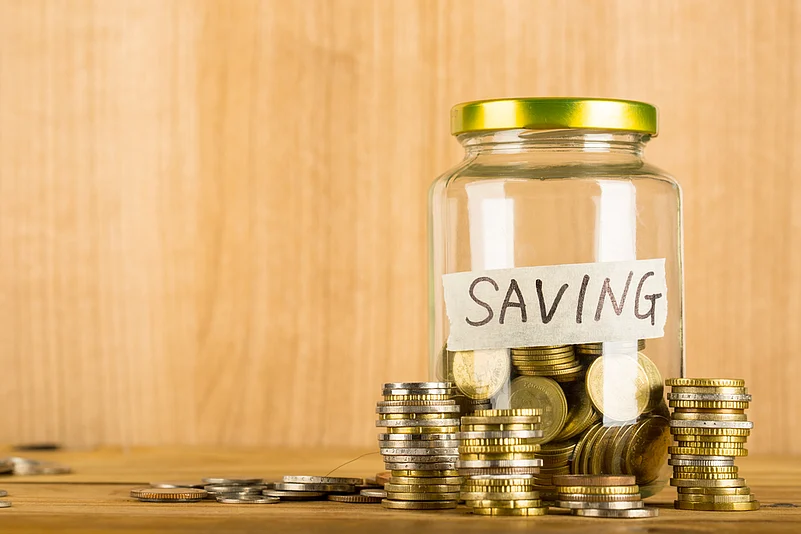Sagar is a smart man who is committed to his financial plans and understands that astute financial planning can help him reach his goals. For 2 years he had been planning to take his family on a vacation to Europe and was happy to note that his “vacation fund” had accumulated enough money to make his dream vacation a reality. However, two months before his planned travel, the roof of his garage collapsed, causing severe damage to his car and other possessions. Since he did not have enough funds to rebuild the roof, he had to dip into his “vacation fund” to pay for the repairs.
Savings, if done judiciously, can help us meet our short-term and long-term goals in a comfortable and stress-free manner. While saving for goals is integral, it is also important to save for the “unknown” or “uncertain” events that can crop up in our lives without any prior intimation.
This is why we need to build an “Emergency Fund”
What is an “Emergency Fund”?
As the name suggests, an “Emergency Fund” is an account for funds set aside for emergencies or uncertain events. While what constitutes an emergency might differ from one person to another, its impact on every individual’s financial journey remains the same.
Different kinds of emergencies require a different level of buffer (emergency fund) and vary in terms of tenure and quantum. Fast accessibility and high liquidity are the main characteristics of an emergency fund. This differentiates it from other types of funds and investments.
Setting aside money to build an emergency fund is integral to creating a robust financial plan that is capable of meeting all your goals. The concept of an emergency fund is not new to most. However, it is easy to ignore events that have “not yet happened.” One must seek to build an emergency fund by setting up a separate investment account for this purpose.
Building an Emergency Fund
Step I: Take stock of your various sources of income. These could be regular sources of income, as well as, sporadic sources of income.
Step II: Break up your monthly expenses into essentials and non-essentials. Understand and be honest about the kind of lifestyle you maintain.
Step III: Fix a monthly budget and stick to it. The monthly budget should be designed in such a way, that some surplus money can be allocated to an emergency fund on a monthly basis.
Step IV: Make a habit of cutting your expenses if you are not able to save as per the initial budget. Also, look for alternative sources of income or save from tax refunds.
Your aim should be to spend what’s left after saving and not save what’s left after spending.
Common Investment avenues to build an Emergency Fund
An investor should aim to keep at least up to a month’s expenses in a savings account. The rest can possibly be invested in liquid or short-term mutual funds. These funds can offer potentially better returns than idle cash, at relatively lower levels of risk. They can also be liquidated within a span of two to seven working days.
There are several other avenues of investment that are available to an average investor and it would be prudent to consult a financial advisor before making investments to build an emergency fund.































